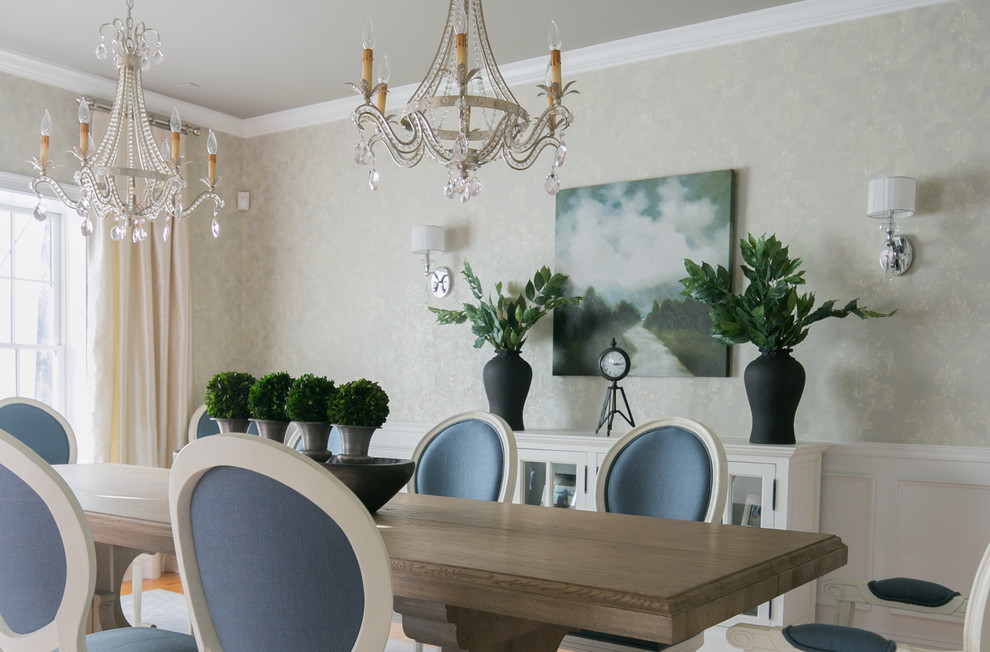

It is God’s happiness with God’s children. It is he who spoke in the Psalms, the prayer of the covenant between God and Israel, the place of all the prayers of the world, because you find there the human person simply before God. This is true in both senses: the work of God and for God, by human beings who are sons and daughters of God, invited by their Father.Īnd Jesus? We even have to say “Jesus Christ”? For he payed a certain price in order to deserve this title which was prepared for centuries, as Jewish Tradition says. Oh, it was time to speak of that: What would our liturgy be without the Spirit of God at work in each one?! Maybe that’s why Tradition calls the Office “the work of God, opus Dei”. Who ever saw that on a family feast only the great artists had the right to speak? No, very beautiful traditions are brought to life there. You dance more or less well, you sing more or less well. In the Latin Church, the rule is like a choreography. The order? What order? It is true that Saint Benedict called his rule of prayer “order”. Unless the process of the prayer itself calls you back to order. There is always an angel who watches over you and who wakes you up at the right moment. For you might have some distractions or you can cut yourself off from a time of conversation. And one doesn’t go to it all alone: there are many, for the monks and nuns are surrounded by angels, you know, those who are permanently “in the presence” of God. The one who invited them is the father of the family: “Our Father”. But who invited them to pray? This is what changes the deal a little, and it could teach us what it is to “pray”. What does one do during the Office? The normal answer is that the monks and nuns pray.


 0 kommentar(er)
0 kommentar(er)
